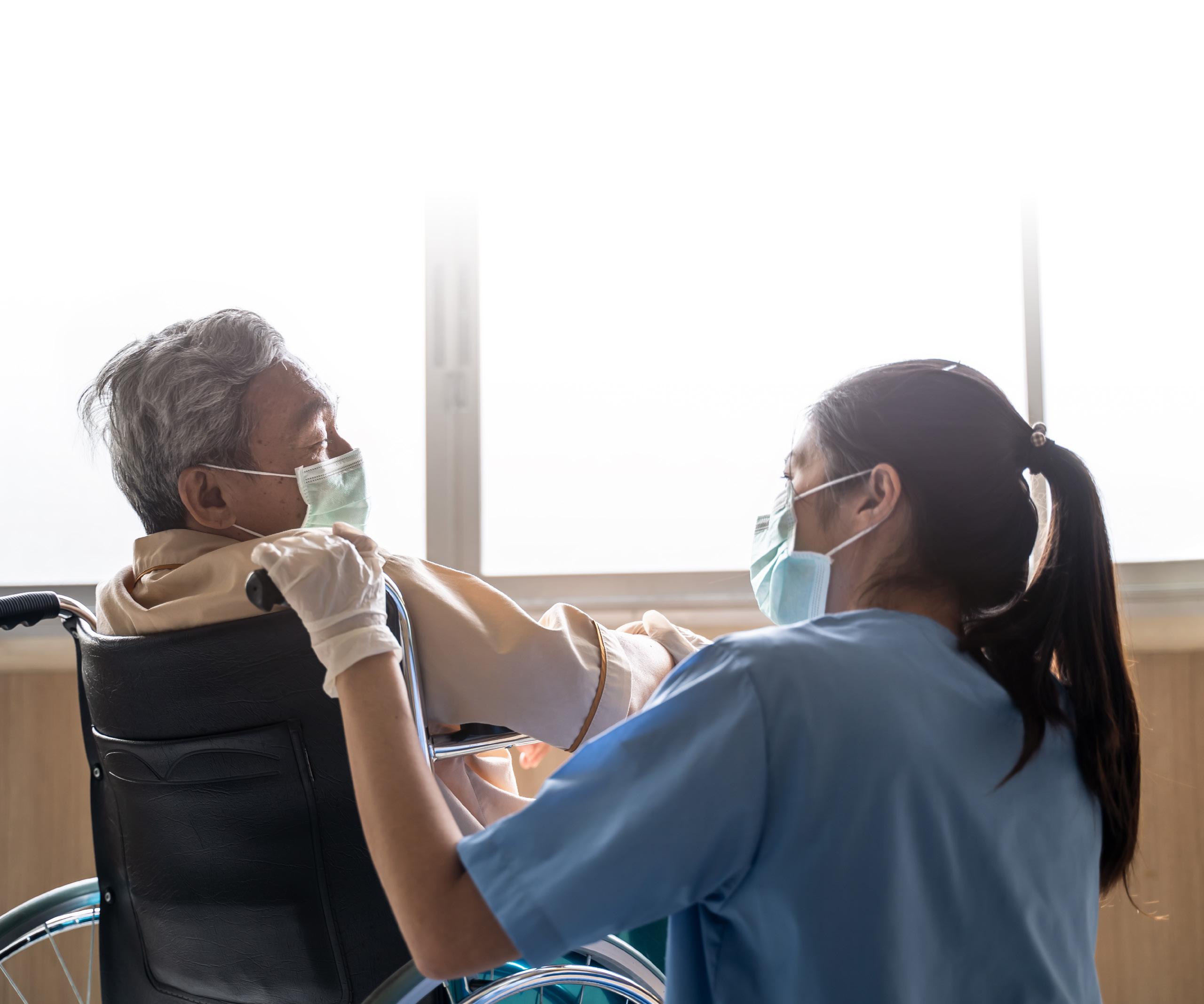
1 minute read
Clinical Service Lines
Neurology Research
Through its national Neuro Collaborative, CommonSpirit Health Research Institute is working to grow its national neuroscience research network.
Advertisement
Currently this network consists of seven sites across four states actively enrolling in industry- and other grant-funded trials with nearly 80 total enrolled patients. This national endeavor is supported by ten Principal Investigators and eight FTEs across all sites.
CommonSpirit Health’s neurology research trials include interventional, observational and patient registry studies.
CHI Memorial Leads National Research Study Creating a New Standard of Care for Stroke Patients
CHI Memorial’s Stroke and Neuroscience Center participated in the national research study, BUBL, and was instrumental in developing novel technology that can better detect a specific cause of brain damage in some stroke victims. Insights gleaned from this landmark study have finally unraveled the mystery of why the cause of stroke has been so elusive for so many stroke patients, particularly young patients.
The technology used in the study is robotic transcranial Doppler (TCD) ultrasound from NovaSignal. Results of the study show TCD ultrasound is three times as good as conventional cardiac testing at identifying cardiac abnormalities capable of producing blood clots that cause stroke.
“Understanding the underlying cause of a stroke is of utmost importance, allowing us to deliver far more effective therapy to prevent another stroke,” said Thomas Devlin, MD, PhD, FSVIN, neurologist, medical director of CHI Memorial Stroke and Neuroscience Center, and co-director of CommonSpirit’s national neuroscience collaborative. “After seeing the positive impact delivered by TCD ultrasound in our practice, it became clear to both our brain and heart doctors that it must be incorporated into our practice as a new standard of care.”
“We are now heavily engaged in training physicians across
CommonSpirit Health on this new standard of medical care and anticipate that countless lives will be saved by preventing their future stroke.”
— Ruchir Shah, MD, CHI Memorial Stroke Program Medical Director






